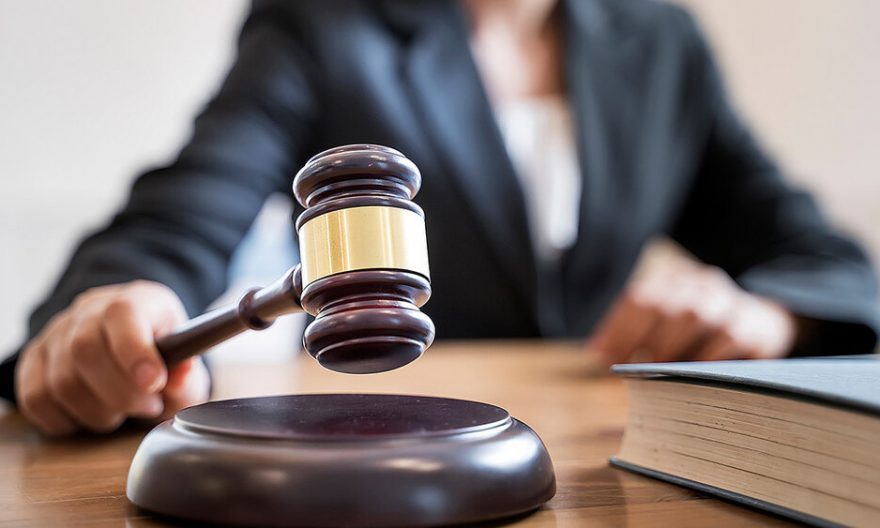
The Supreme Court in the case Knit Pro International vs State of NCT of Delhi observed that the Copyright Act is a cognizable and non bailable offence of an offence under Section 63 of the Copyright Act in a copyright infringement. the bench observed while setting aside the High Court Judgement and allowing the plea that While treating the same as a cognizable and nonbailable offence on its own merits, in accordance with the law It shall now be proceeded further the criminal proceedings against respondent no.2 for the offence under Sections 63 & 64 of the Copyright Act. It is observed by the court that the offence under Section 63 of the Copyright Act is a cognizable and nonbailable offence Consequently, the impugned judgment and order passed for the offence of the criminal proceedings against respondent no.2 by the High Court taking a contrary view is hereby quashed and set aside. The court observed that in the case Rakesh Kumar Paul vs. State of Assam in Section 167(2) (a)(i) CrPC was interpreted to mean punishment should be 10 years as where, the expression “not less than 10 years and further this decision shall not be applicable to the facts of the case on hand, the court observed as the accused- respondent had relied on the judgment of the above-mentioned case. cases where the offence is punishable for imprisonment for less than three years or with fine only in those cases the offence can be said to be noncognizable. if the offence is punishable with imprisonment for three years and onwards but not more than seven years the offence is a cognizable offence while considering Part II of the First Schedule of the Cr.P.C. in the view of the matter as the language of the provision in Part II of First Schedule whatsoever there is no ambiguity and is very clear. under Section 63 of the Copyright Act, the maximum punishment which can be imposed would be three years and further the accused may be sentence by the Magistrate for a period of three years also, the Court contended. The issue raised in the above-mentioned case before the Trial Court is with respect to the offence under section 63 of the Copyright Act that weather the offence is cognizable offence or a non cognizable offence. the offence under Section 63 of the Copyright Act is a noncognizable offence, contended by the respondent. As while considering Section 63 of the Copyright Act, the High Court while observing and holding the offence punishable committed a grave error and it does not fall within Part II of the First Schedule of the Cr.P.C., contended by the appellant in an appeal before the Apex Court. the bench comprising of Justice MR Shah and the justice BV Nagarathna observed and noted that the offence is punishable with imprisonment for three years and onwards and the bench further observed that if the offence is a cognizable offence, it should not be more than seven years.




